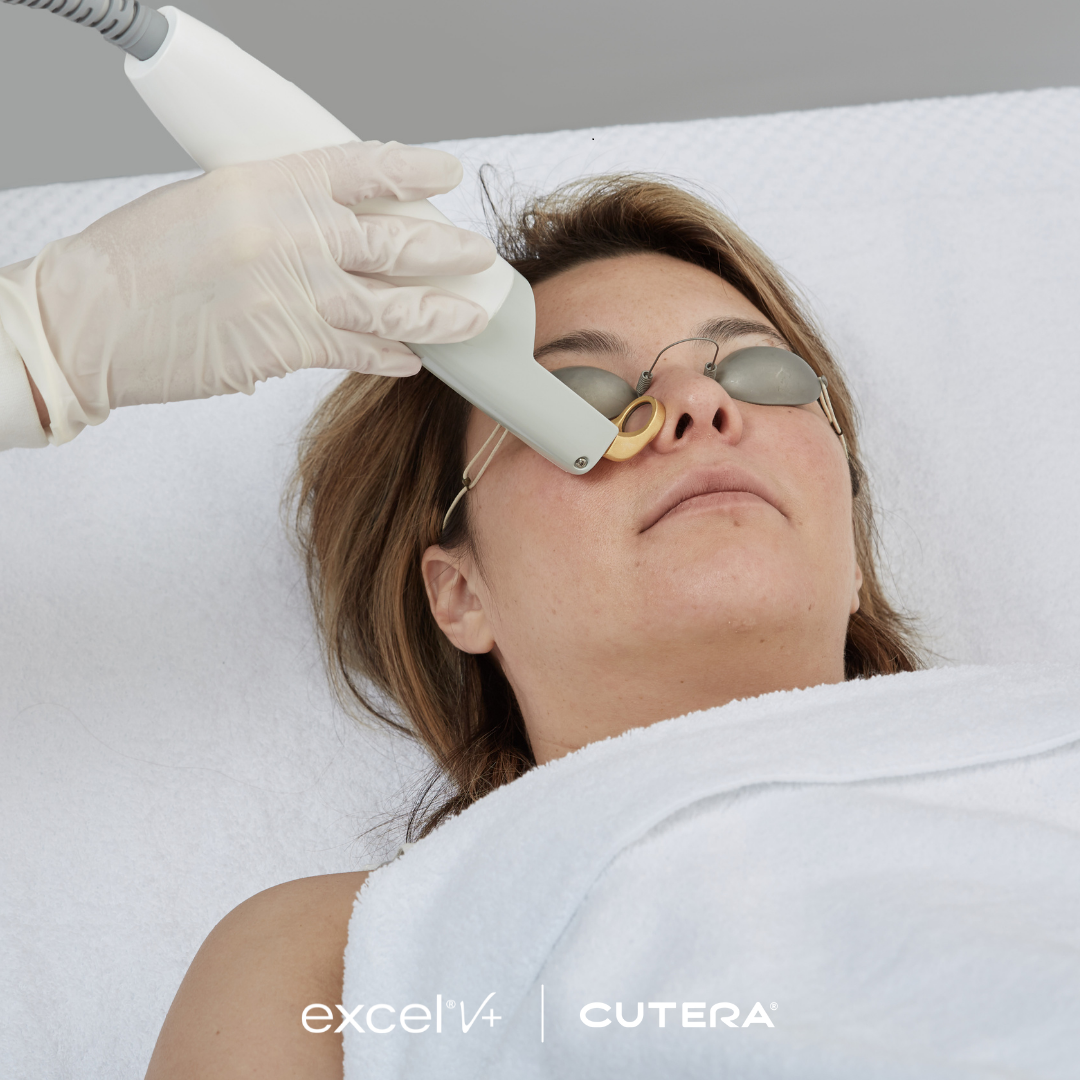In this blog from Radiant Primary Care in Victorville, we share information about Alzheimer’s disease to promote awareness.
What Is Alzheimer’s?
Alzheimer’s disease is a progressive neurological disorder that affects the brain, leading to memory loss, cognitive decline, and changes in behavior. The symptoms of Alzheimer’s disease usually develop slowly and worsen over time. In the early stages, individuals may experience mild memory loss and difficulty with concentration and problem-solving. As the disease progresses, they may have trouble with language, experience confusion and disorientation, exhibit mood and behavior changes, and struggle with daily tasks.
Alzheimer’s disease primarily affects older adults, typically appearing after the age of 65, although there is also an early-onset form that can occur in individuals in their 40s or 50s. It is a chronic and irreversible condition, and there is currently no cure for Alzheimer’s disease. However, there are treatments available that can help manage symptoms and slow down the progression of the disease in some cases.
Research efforts are ongoing to better understand the underlying mechanisms of Alzheimer’s disease and develop more effective treatments and preventive strategies. Early diagnosis and intervention, along with a healthy lifestyle that includes regular exercise, a balanced diet, and mental stimulation, are important for managing the symptoms and improving the quality of life for individuals with Alzheimer’s disease.
Factors The May Contribute To Alzheimer’s Disease
1. Prevalence: Alzheimer’s disease is the most common form of dementia, accounting for 60-80% of all dementia cases. According to estimates, there are around 50 million people worldwide living with dementia, and the majority have Alzheimer’s disease. The prevalence of Alzheimer’s increases with age, with the highest rates observed in individuals over 65 years old.
2. Age: Advancing age is the greatest known risk factor for Alzheimer’s disease. The likelihood of developing the condition increases significantly after the age of 65, and the risk continues to rise with each decade of life. However, it is important to note that Alzheimer’s is not a normal part of aging, and not all older adults develop the disease.
3. Genetics: Certain genetic factors can contribute to an increased risk of Alzheimer’s disease. The most well-established genetic risk factor is the presence of the apolipoprotein E (APOE) epsilon 4 allele. Individuals who inherit one or two copies of this allele from their parents have a higher risk of developing the disease. However, it’s important to note that having the APOE epsilon 4 allele does not guarantee the development of Alzheimer’s, and many people without this genetic variant still develop the disease.
4. Family History: Having a first-degree relative (such as a parent or sibling) with Alzheimer’s disease slightly increases the risk. However, the majority of Alzheimer’s cases occur in individuals without a strong family history of the disease.
5. Lifestyle and Health Factors: Certain lifestyle and health factors may contribute to the risk of Alzheimer’s disease. These include:
- Cardiovascular health: Conditions such as high blood pressure, high cholesterol, diabetes, and obesity may increase the risk.
- Head trauma: A history of severe head injuries, particularly repeated concussions, may be a risk factor.
- Lifestyle choices: Factors such as smoking, excessive alcohol consumption, a sedentary lifestyle, and a poor diet may contribute to a higher risk.
A Support System For People With Alzheimer’s Disease
People with Alzheimer’s disease require comprehensive medical care that focuses on managing their symptoms, maintaining their overall health, and improving their quality of life. Here are some key aspects of medical care for individuals with Alzheimer’s:
1. Accurate Diagnosis: It is important to receive an accurate diagnosis of Alzheimer’s disease, which typically involves a thorough medical evaluation, including medical history, physical examination, cognitive assessments, and sometimes brain imaging. An early and accurate diagnosis helps in planning appropriate care and interventions.
2. Medications: There are medications available that can help manage the symptoms of Alzheimer’s disease. These medications may help improve memory, thinking, and behavior in some individuals. They work by regulating certain chemicals in the brain.
3. Regular Medical Check-ups: Regular visits to healthcare professionals, such as primary care doctors or specialists, are crucial. These visits allow monitoring of the disease’s progression, assessment of overall health, management of co-existing medical conditions, and adjustment of medications if necessary.
4. Cognitive Stimulation: Engaging in cognitive activities and mental stimulation is beneficial for individuals with Alzheimer’s. This may involve puzzles, memory games, reading, or other activities that challenge and exercise the brain.
5. Assistance with Activities of Daily Living: As Alzheimer’s progresses, individuals may require assistance with activities of daily living (ADLs) such as bathing, dressing, eating, and toileting. Caregivers or healthcare professionals can provide support and ensure the person’s safety and well-being.
6. Behavioral and Psychological Support: Alzheimer’s can lead to changes in behavior and mood. It is important to address these issues with appropriate behavioral and psychological interventions. This may involve counseling, therapy, or techniques to manage agitation, aggression, or depression.
7. Support for Caregivers: Caregivers play a crucial role in the care of individuals with Alzheimer’s disease. They often experience physical, emotional, and mental strain. Support services for caregivers, such as respite care, support groups, and education programs, can help them manage their own well-being while providing care for their loved ones.
8. Safety Measures: As Alzheimer’s progresses, safety becomes a concern. Measures like ensuring a safe home environment, preventing falls, and implementing strategies to minimize wandering are important to prevent accidents and ensure the person’s safety.
9. End-of-Life Care: In advanced stages of Alzheimer’s, palliative and end-of-life care becomes essential. This includes managing symptoms, providing comfort, and addressing the physical, emotional, and spiritual needs of the person.
It’s important to note that the specific medical care needs may vary depending on the individual, the stage of the disease, and any co-existing conditions. It’s best to consult with healthcare professionals for personalized guidance and recommendations.







